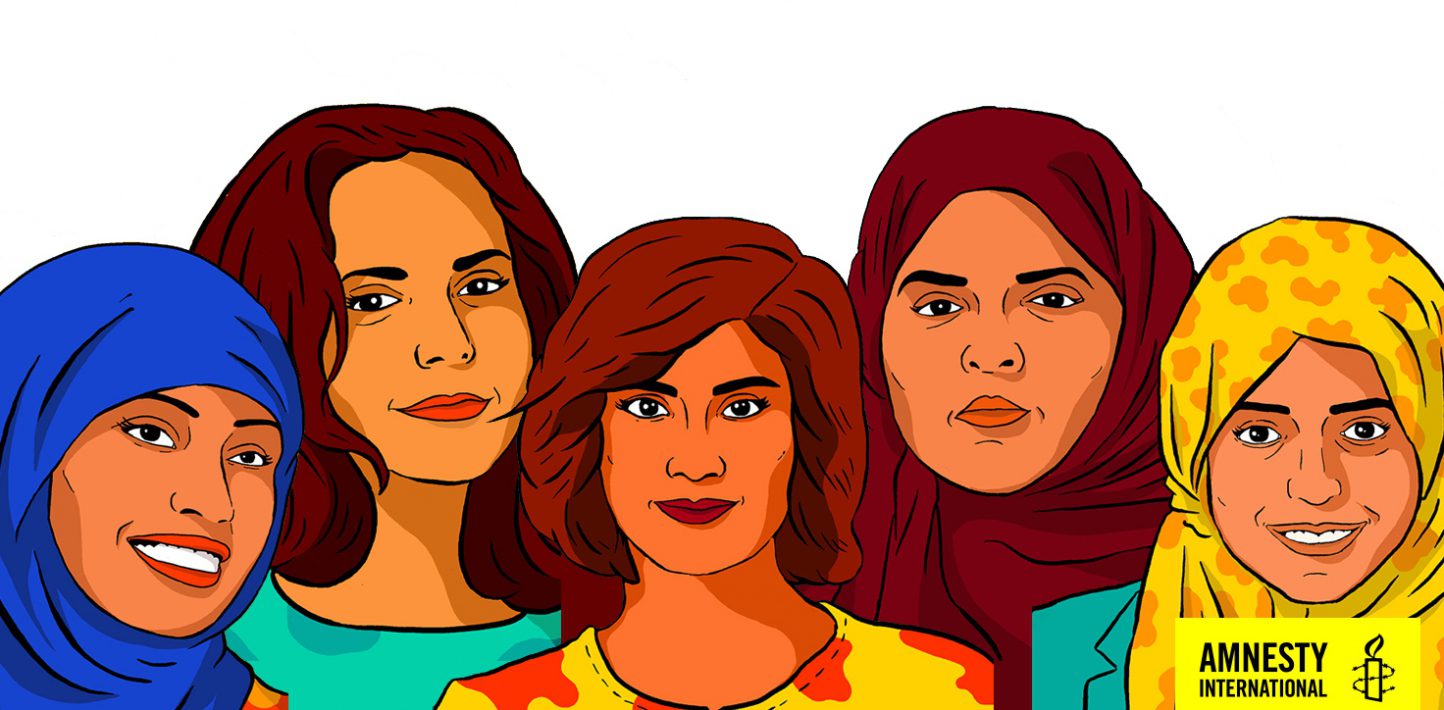The severe crackdown on civil society in Saudi Arabia, especially since 2011 and more acutely since May 2018, has not been matched by a clear or resolute EU strategy to ensure the support and protection of HRDs. The policies of the EU and its member states have instead been characterized by restraint and a lack of creativity to overcome the obstacles associated with supporting HRDs in an already severely restricted environment. While some positive practices have been adopted in the past four years, these have often failed to improve the situation of individual HRDs due to a lack of ownership and follow up on the part of the EU and its member states.
Given Saudi Arabia’s economic and geostrategic importance to Europe, maintaining a close partnership with the Kingdom is often given precedence over the EU’s human rights concerns. This highlights a glaring inconsistency in the EU’s policy that risks seriously undermining the credibility of the EU’s global human rights policy.
Although very limited, some examples have shown that when a coordinated approach is adopted and when the variety of tools at the EU’s disposal are used to support individual cases, the EU and its member states are able to achieve impact.
What challenges do human rights defenders face?
Conclusions
The EU and member states lack a clear and coherent strategy to support and protect HRDs in Saudi Arabia. While an institutionalized political dialogue with Saudi Arabia remains absent, the various other tools at the EU’s disposal are either not being used or not being employed effectively to support HRDs. Indeed, the EU’s policy is characterized by restraint and a lack of ownership by both the EU and its member states.
As the crackdown on HRDs deepens in Saudi Arabia, the EU will be challenged to overcome these internal impediments and develop a tailored approach that seeks to secure space for Saudi Arabian HRDs to conduct their work.
Moreover, the experience in Saudi Arabia also opens areas for further consideration:
- How can the population’s active internet and social media presence be used to promote shared human rights values and protection for those who defend them?
- How to effectively offer alternative narratives to public smear campaigns and the demonizing rhetoric surrounding HRDs in a restricted media landscape?
- How to effectively support and protect HRDs in exile and address cross-border surveillance and harassment of HRDs abroad, including in Europe?
- How should the EU respond to third country efforts to divide and punish EU member states for criticizing human rights violations and repression of HRDs?
Recommendations
- Use the broad range of diplomatic tools at the EU’s disposal, including public statements, and make regular assessments of their impact. Silent diplomacy should not be the sole recourse. Experience shows that a combination of different tools applied at different levels of decision-making are often most effective at achieving impact. The EU and its member states should follow through on their actions, ensuring ownership and adequate follow up.
- Ensure more systematic engagement with Saudi Arabian authorities on human rights. Reported efforts to build on EU-Saudi political dialogue should include the establishment of a dedicated human rights dialogue. For such a dialogue to be effective, it should define clear objectives, specific benchmarks and human rights indicators to measure progress, as outlined in the EU Guidelines on human rights dialogues. The objectives of the dialogue should be guided by priorities identified in consultation with Saudi Arabian HRDs.
- Seek to promote an enabling environment in dialogue with the Saudi Arabian authorities. This includes by calling on the authorities to amend the Law on Associations to bring it into full conformity with international law and standards, to allow for the formation and operation of independent human rights organizations and to restrict the wide discretionary powers extended to the Ministry of Social Affairs to disband organizations deemed to be “harming national unity”. The Anti-Cyber Crime Law should be significantly amended to ensure that criticism of government policy and practice, as well as other forms of protected speech, are not criminalized. The EU and its member states should also raise the misuse of the counter-terrorism law at the highest levels, including in meetings relating to security issues (for example, the Manama Dialogue), and call for the repeal or substantial reform of the law to ensure it does not criminalize freedom of expression, association or peaceful assembly.
- Where possible, maintain close contact with HRDs and relevant stakeholders and develop safe methods of communication and consultation. This is important for collecting up-to-date information and ensuring the provision of tailored support that does not increase risks for HRDs. In particular, HRDs and relevant stakeholders should be consulted ahead of EU meetings with Saudi Arabian officials and should be debriefed on the outcomes of these meetings to increase transparency. Safe methods of communication should be established by clearly indicating focal points that HRDs can contact, including in case of emergency.


